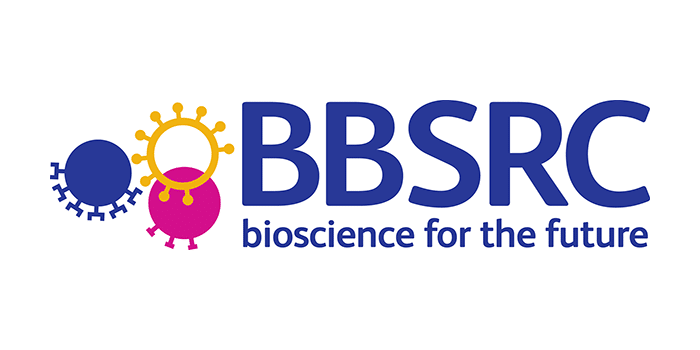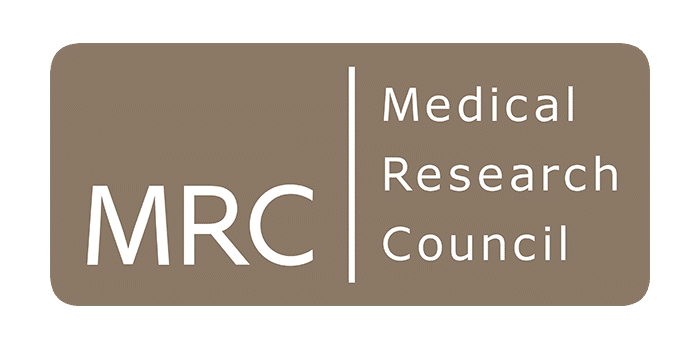Dear All
Invitation to join ‘Regeneration | Innovation @ MRC-CRM’, Monday 8th May 2017 (12.00-17.00 BST)
**Discover translational opportunities in Regenerative Medicine at the University of Edinburgh**
As Director of the MRC Centre of Regenerative Medicine I invite you to join us to explore opportunities for partnership and collaboration in the translation of our basic and clinical stem cell research into tools and treatments.
We extend this invitation to industry, pharma, academia and funding bodies to join us in Edinburgh. Hear first-hand from some of our leading researchers as we showcase successful translational projects and new research opportunities to translate regenerative biology and medicine into solutions for a wide range of biological challenges and diseases.
This event is FREE, but places are limited so we ask you to register online via https://regeneration-innovation.eventbrite.co.uk.
Date: Monday 8th May 2017, 12.00-17.00
Location: MRC Centre for Regenerative Medicine, University of Edinburgh.
This event is jointly hosted by the MRC Centre for Regenerative Medicine (http://www.crm.ed.ac.uk/) and the UKRMP Niche Hub (http://www.ukrmp.org.uk/hubs/niche/)
Download the flyer with agenda here.
If you would like to discuss potential collaborations with certain PIs you can request one-to-one meetings with our researchers on the Monday 8th May (9.00-12.00), or the following day, Tuesday 9th May (9.00-13.00). Slots can be requested on https://regeneration-innovation.eventbrite.co.uk.
I am looking forward to welcoming you at our Centre.
Kind regards
Stuart J Forbes
Professor of Transplantation and Regenerative Medicine
Director MRC Centre for Regenerative Medicine
Director UKRMP Hub for Engineering and Exploiting the Stem Cell Niche
The University of Edinburgh, 5 Little France Drive Edinburgh, EH16 4UU
Email: crmdirector-pa@ed.ac.uk
Tel: +44 (0)131 651 9510
Our partners










